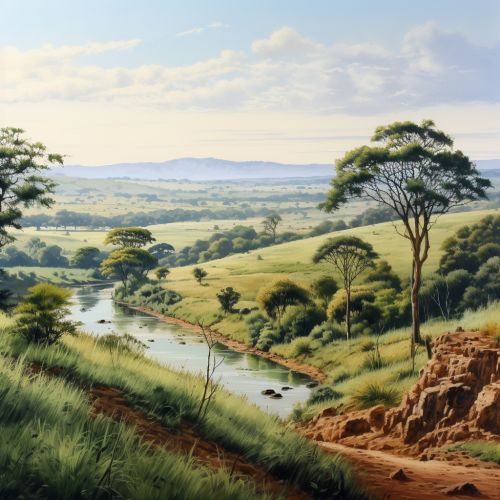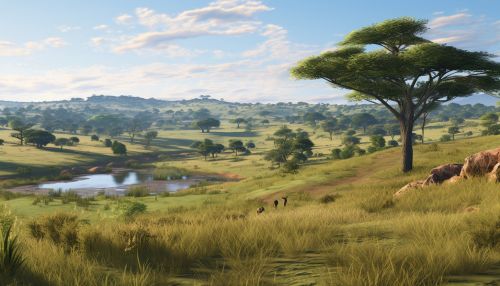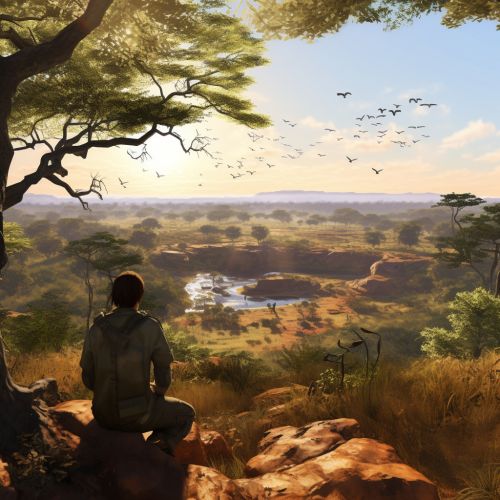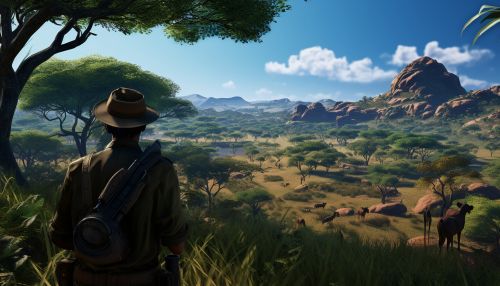Game Reserve
Overview
A game reserve is a large area of land where wild animals live safely or are hunted in a controlled way for sport. Unlike national parks, game reserves can be public or privately owned. Game reserves are primarily used for hunting, wildlife viewing, and tourism. The habitats within game reserves are often more diverse and better preserved than in other protected areas. This is due to the fact that hunting, when properly regulated, can provide incentives for the preservation of large areas of natural habitat that might otherwise be used for other purposes.


History
The concept of game reserves dates back to antiquity. The earliest known example is the Royal Hunting Grounds of King Nebuchadnezzar of Babylon, which were established around 600 BC. These early reserves were primarily for the use and enjoyment of royalty and the nobility, and hunting was often a symbol of status and power. In the 12th and 13th centuries, large areas of England were set aside as royal game reserves, known as the Royal Forests. These were not forests in the modern sense, but rather legally defined areas where the king had the exclusive right to hunt.
Types of Game Reserves
There are several types of game reserves, each with its own specific purpose and management strategies.
Public Game Reserves
Public game reserves are owned and managed by government entities. They are typically established for the protection of wildlife and their habitats, and for the enjoyment of the public. Public game reserves often have strict regulations regarding hunting and other activities, and may provide facilities for wildlife viewing and tourism.
Private Game Reserves
Private game reserves are owned and managed by individuals or corporations. They are often established for the purpose of hunting, wildlife viewing, and tourism. Private game reserves may have more relaxed regulations regarding hunting and other activities, and often provide luxury accommodations and other amenities for guests.
Community Game Reserves
Community game reserves are owned and managed by local communities. They are typically established for the benefit of the community, through activities such as hunting, wildlife viewing, and tourism. Community game reserves often have a strong focus on sustainable use and community involvement in management decisions.
Conservation in Game Reserves
Game reserves play a crucial role in wildlife conservation. They provide a safe haven for endangered species and help to maintain biodiversity. The controlled hunting that takes place in some game reserves can also contribute to conservation efforts. This is because it provides a source of income that can be used to fund conservation initiatives and incentivizes the preservation of natural habitats.


Challenges and Controversies
Despite their benefits, game reserves also face a number of challenges and controversies. These include issues related to land rights, the impact of hunting on wildlife populations, and the ethical implications of hunting for sport. There is also ongoing debate about the effectiveness of game reserves as a conservation strategy, and whether they provide the best solution for the preservation of wildlife and their habitats.
